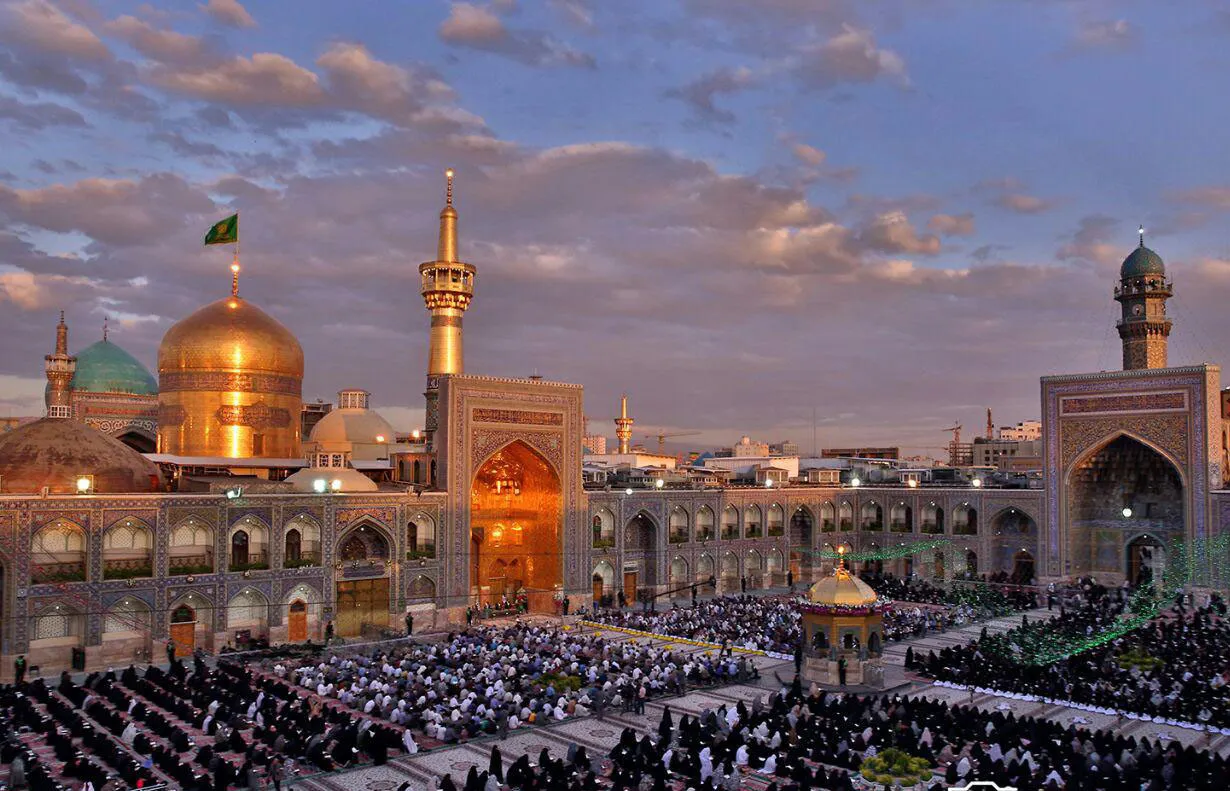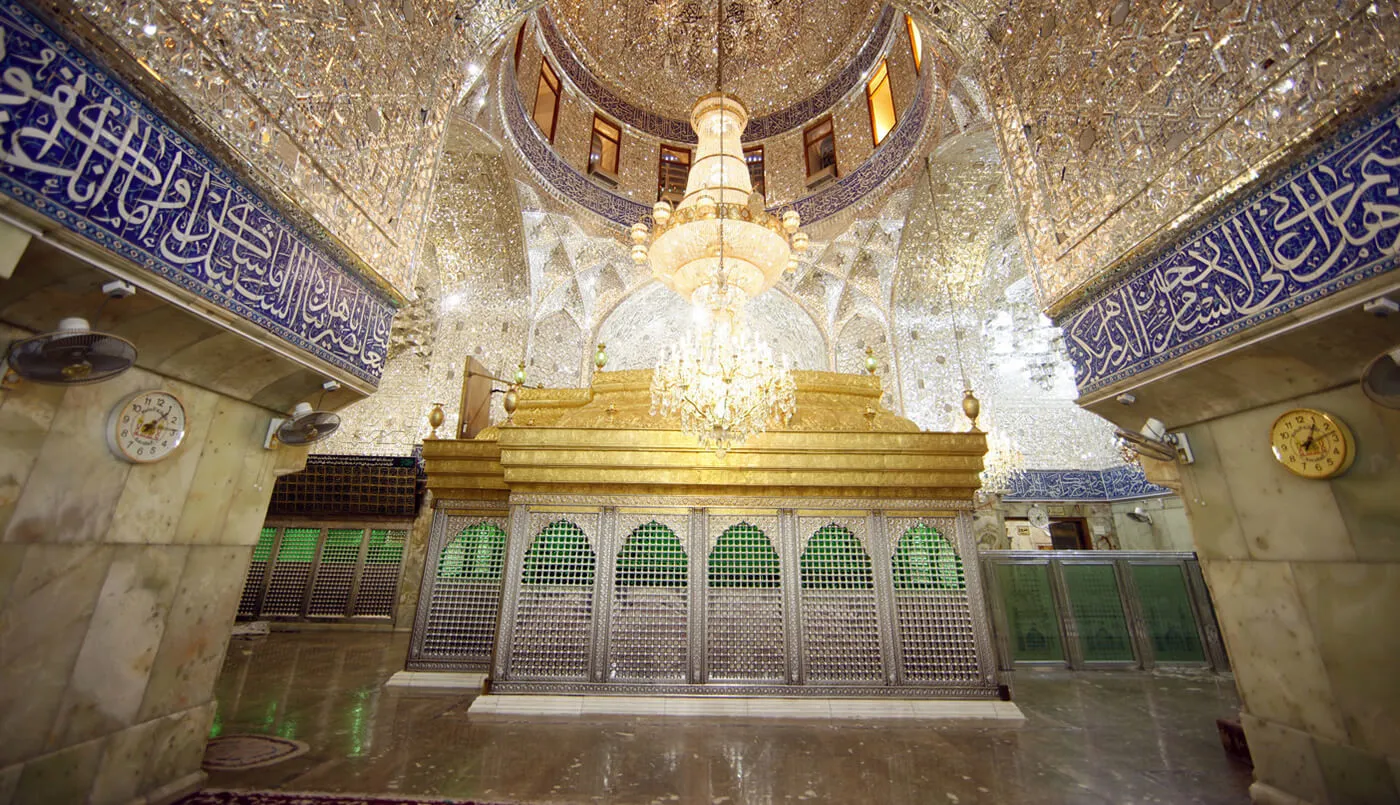Ramadan, the ninth month of the Islamic lunar calendar, holds immense significance for Muslims worldwide. It’s a time of spiritual reflection, self-discipline, and increased devotion. During Ramadan, Muslims fast from dawn until sunset, refraining from food, drink, smoking, and other physical needs. Fasting purifies the soul, practices self-control, and empathizes with poor people.
It’s also a time for prayer, recitation of the Quran, and acts of charity. Ramadan concludes with the celebration of Eid al-Fitr, a joyous festival marking the end of fasting and the beginning of a feast. Because the Islamic calendar follows the lunar cycle, the timing of Ramadan varies annually. No matter the season, Muslims anticipate and observe Ramadan with devotion and reverence, adapting to its changing dates each year.
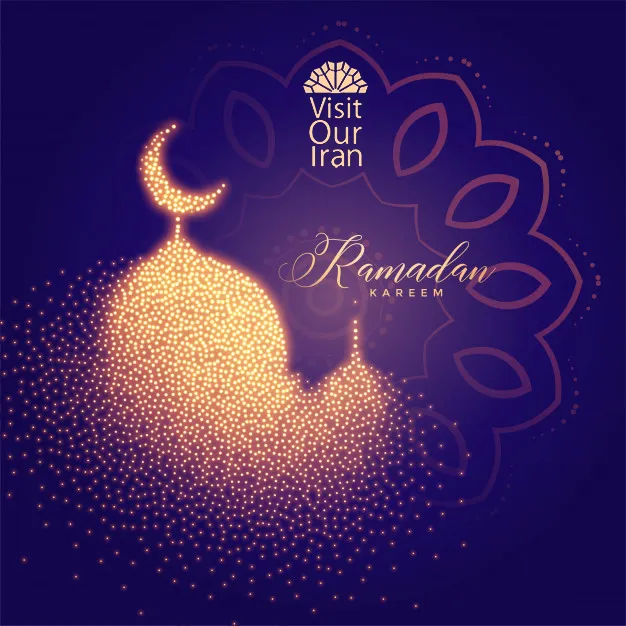
The Spiritual Significance of Ramadan
Fasting is common in many religions worldwide, each with its rules and durations. In Islam, fasting during Ramadan involves abstaining from eating, drinking, and smoking from sunrise to sunset. Additionally, Muslims are encouraged to read the Quran nightly and engage in acts of kindness, such as helping the poor and showing compassion towards others.
Ramadan is a training ground for Muslims, preparing them for the challenges and responsibilities of the entire year. This month-long practice instills valuable lessons and virtues. By experiencing hunger and thirst firsthand, individuals empathize with the less fortunate and are more willing to help those in need.
Regular reading of the Quran reinforces moral guidance and encourages reflection on what it means to be a good human being. Over time, the habits cultivated during Ramadan, such as increased mindfulness and generosity, become ingrained in one’s character, leading to a more compassionate and virtuous life.
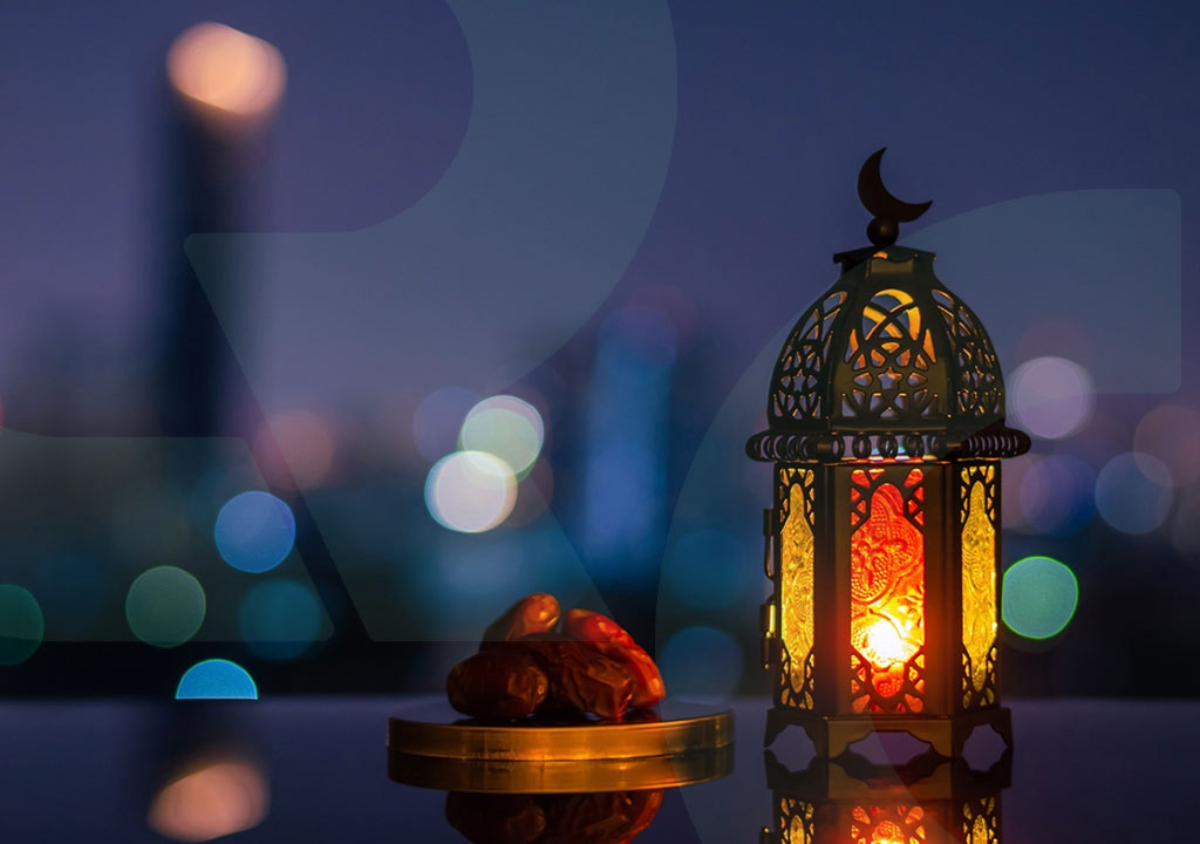
In many Muslim-majority countries, Ramadan significantly transforms daily life. Cities come alive at night with vibrant markets, communal prayers, and festive gatherings. The atmosphere is filled with unity and brotherhood as people come together to break their fasts and share meals. Evenings are spent in prayer and reflection, with mosques bustling with worshippers.
Throughout the month, there is a heightened sense of generosity, with individuals and communities coming together to help those in need. Ramadan reminds us of the importance of compassion, empathy, and gratitude. It’s a time for spiritual and moral self-improvement as Muslims strive to strengthen their connection with God and fulfill their obligations to society. Ultimately, Ramadan is not just a period of abstaining from food and drink but a time for deepening one’s faith and understanding of Islam’s teachings.
Celebrate Ramadan in Iran and explore the holy sites with Visit Our Iran’s Ziyarat Packages.
Important Dates in Ramadan
Ramadan, the ninth month of the Islamic lunar calendar, is a sacred period of fasting, prayer, reflection, and spiritual growth for Muslims worldwide. Muslims commemorate significant dates and events that hold profound religious and historical significance throughout this holiest month.
The Revelation of the Quran
The revelation of the Quran during the holy month of Ramadan stands as one of the most significant events in Islamic history, marking the beginning of Islam as a faith and the start of Prophet Muhammad’s prophethood. The angel Gabriel first revealed the Quran to Prophet Muhammad in the cave of Hira, near Mecca, during the month of Ramadan. This momentous occasion not only transformed the life of Prophet Muhammad but also laid the foundation for the Islamic faith.
Throughout Ramadan, Muslims around the world commemorate the Quranic revelation by deepening their connection with the holy book. The month serves as a time for increased recitation, reflection, and study of the Quran. Many Muslims aim to complete the recitation of the entire Quran during Ramadan, either individually or in congregational settings. They seek to understand the meanings of the Quranic verses and contemplate their significance in their lives.
As Muslims fast from dawn to sunset and engage in acts of worship such as prayers, charity, and supplication during Ramadan, they strive to embody the values and teachings of the Quran. The Quranic verses serve as a source of inspiration and motivation for believers as they seek to deepen their spiritual connection with Allah and strive for self-improvement.
Lailatul Qadr
Lailatul Qadr, often called the Night of Decree or Power, holds immense significance in Islam. It is believed to be the night when the Quran was first revealed to Prophet Muhammad by the angel Gabriel. This divine revelation occurred over 23 years, beginning with the first verses revealed on Lailatul Qadr.
The exact date of Lailatul Qadr is not specified in the Quran, but it is said to occur during the last ten nights of Ramadan, particularly on one of the odd-numbered nights, such as the 21st, 23rd, 25th, 27th, or 29th night. Muslims engage in intense prayers during this auspicious night, seeking forgiveness, guidance, and blessings.
Lailatul Qadr is described in the Quran as better than a thousand months, highlighting its immense spiritual significance. Muslims believe that acts of worship performed on this night carry greater rewards than those performed on any other night of the year. Therefore, believers engage in various forms of prayer, including recitation of the Quran, supplication (dua), and voluntary prayers (salat).
Many devotees spend the entire night praying and remembering Allah, seeking His mercy and blessings. Mosques are often filled with worshippers engaged in collective prayers and recitation of the Quran. The atmosphere is one of profound spirituality and devotion as Muslims strive to draw closer to Allah and attain His favor.
As Lailatul Qadr is considered a night of forgiveness and salvation, Muslims seize the opportunity to repent for their sins and seek spiritual purification. It is believed that sincere repentance and supplication on this blessed night can lead to the forgiveness of past transgressions and the attainment of divine mercy.
Ali Ibn Abi Talib’s Martyrdom
Ali Ibn Abi Talib’s martyrdom during Ramadan holds profound significance in Islamic history and is deeply mourned by Muslims worldwide. Ali, the cousin and son-in-law of Prophet Muhammad, is revered as one of the greatest figures in Islamic history. His assassination on the 21st of Ramadan, known as the 19th of Ramadan in some traditions, marks a tragic event that has left a lasting impact on the Muslim community.
Muslims commemorate Ali’s martyrdom with great sorrow and reverence, particularly during the month of Ramadan. It serves as a reminder of his unwavering commitment to justice, righteousness, and the teachings of Islam. Ali’s exemplary character, piety, and devotion to God continue to inspire Muslims to this day.
During Ramadan, Muslims reflect on the life and legacy of Ali Ibn Abi Talib, honoring his memory through prayers, recitation of Quranic verses, and acts of charity. His martyrdom serves as a reminder of the sacrifices made by the early Muslim leaders in upholding the principles of Islam and defending the faith against oppression and injustice.
Eid al-Fitr
Eid al-Fitr, also known as the Festival of Breaking the Fast, is one of the most joyous and celebrated occasions on the Islamic calendar. It marks the end of Ramadan, the holy month of fasting, and Muslims worldwide observe it. Eid al-Fitr falls on the first day of Shawwal, the month following Ramadan, and is determined by the sighting of the new moon.
The day begins with a special prayer known as Salat al-Eid, which is performed in congregation at mosques or open prayer grounds. Muslims dress in their finest attire, often new clothes, and gather with family and friends to offer prayers of gratitude and thanksgiving to Allah for the strength and blessings received during Ramadan.
One of the central aspects of Eid al-Fitr is the giving of Zakat al-Fitr, a form of charity that is obligatory for all Muslims. This charity is typically given before the Eid prayer. It is intended to purify the fast and provide assistance to those in need, ensuring that everyone can partake in the festivities and enjoy a celebratory meal.
After the Eid prayer, families come together to share festive meals and exchange gifts with loved ones. Traditional Eid dishes vary by region but often include sweet treats such as dates, pastries, and desserts. It is also common for Muslims to visit the graves of deceased relatives and offer prayers for their souls on this auspicious day.
All in all, Eid al-Fitr is a festive and joyous occasion that celebrates the culmination of Ramadan and the blessings of faith, family, and community. It reminds Muslims of the importance of gratitude, charity, and unity in the Islamic faith and brings them together in celebration and fellowship.
Experiencing Ramadan in Iran: Hospitality, Traditions, and Travel Tips
Traveling to Iran during Ramadan may initially raise concerns for some, given the common misconceptions about restrictions on eating and drinking in public. However, contrary to popular belief, there’s a unique protocol in place during this sacred month.
While most locals observe fasting and many restaurants and cafes close during daylight hours, travelers and tourists are not bound by the same restrictions. Iran’s people and authorities maintain an open-minded approach toward visitors during Ramadan, ensuring that tourists can still enjoy their trip. Hotel restaurants, supermarkets, and bazaars remain open, offering travelers plenty of options for dining and shopping.
One of the highlights of visiting Iran during Ramadan is the opportunity to partake in Iftar, the breaking of the fast at sunset. Mosques across the country host communal Iftar gatherings, where locals and visitors come together to pray and share a meal. Joining these gatherings provides a unique insight into Iranian culture and hospitality. Many mosques offer Iftar meals to attendees, allowing travelers to taste traditional Iranian cuisine while engaging in meaningful interactions with locals.
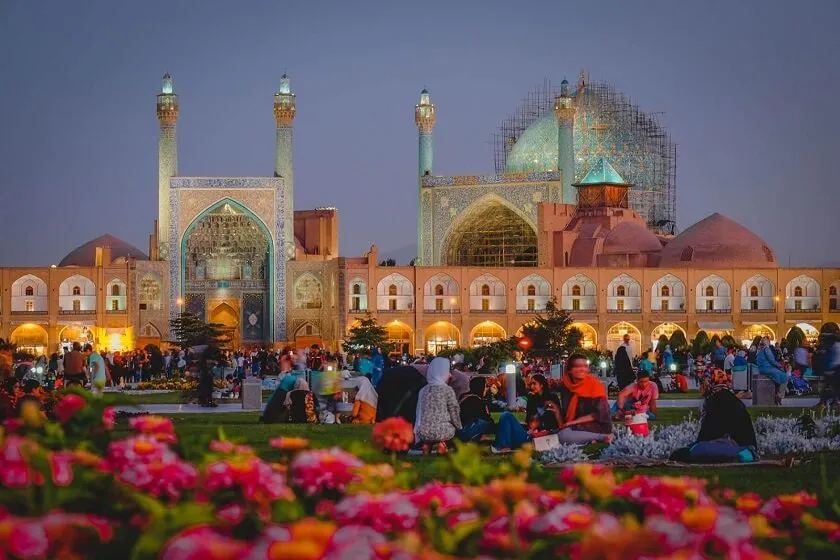
Additionally, experiencing a family Iftar provides an intimate glimpse into Iranian hospitality as families welcome guests into their homes to share in the joyous occasion. From delicious food to warm company, attending Iftar in Iran during Ramadan promises to be a memorable and enriching experience.
Vibrant Ramadan Nightlife in Iran
Ramadan in Iran unveils a nightlife unlike any other time of the year. As the sun sets, the city comes alive with bustling activity, creating an enchanting atmosphere that captivates locals and visitors alike. Unlike the typical dawn awakenings, the evening begins with a lively scene.
Those who have fasted throughout the day gather in the vibrant nightlife. Restaurants, stores, and cafes stay open until the late hours, inviting people to enjoy culinary delights and social gatherings with friends and family.
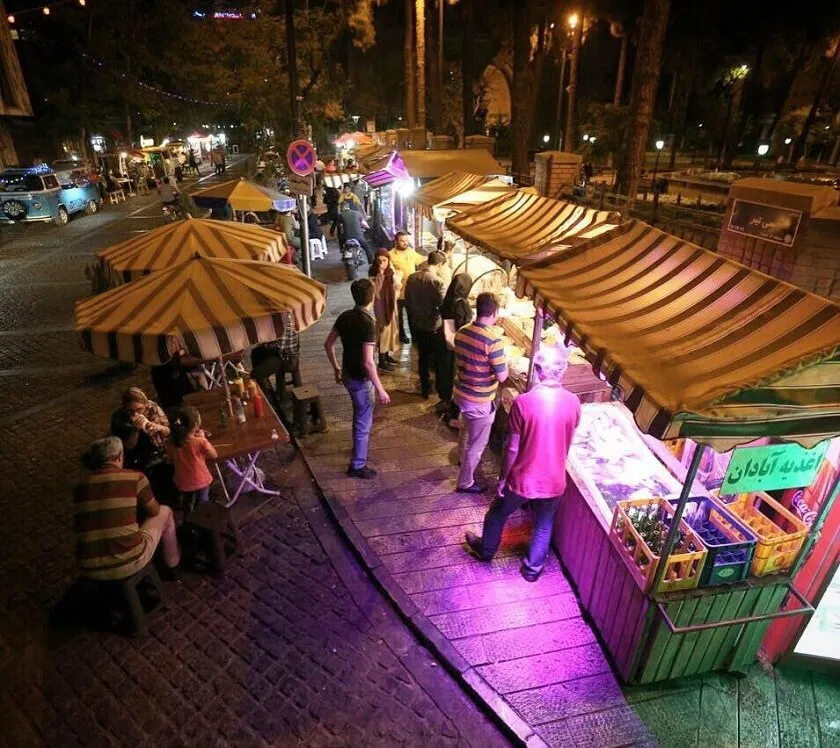
Every city in Iran has its unique tale of Ramadan nightlife, each worth exploring. Decorated streets and squares, filled with laughter and camaraderie, add charm to any visit to Iran during Ramadan. Whether it’s Tehran’s busy streets or Isfahan’s serene riverside, the Ramadan nightlife in Iran promises to be a delightful addition to any traveler’s itinerary.
From Iftar Delights to Sahari Surprises
As the sun sets and the call to prayer echoes through the air, signaling the end of the day’s fast, Muslims in Iran gather to break their fast with the traditional meal known as Iftar. This sacred moment is marked by prayers and food sharing, creating a sense of unity and community among believers.
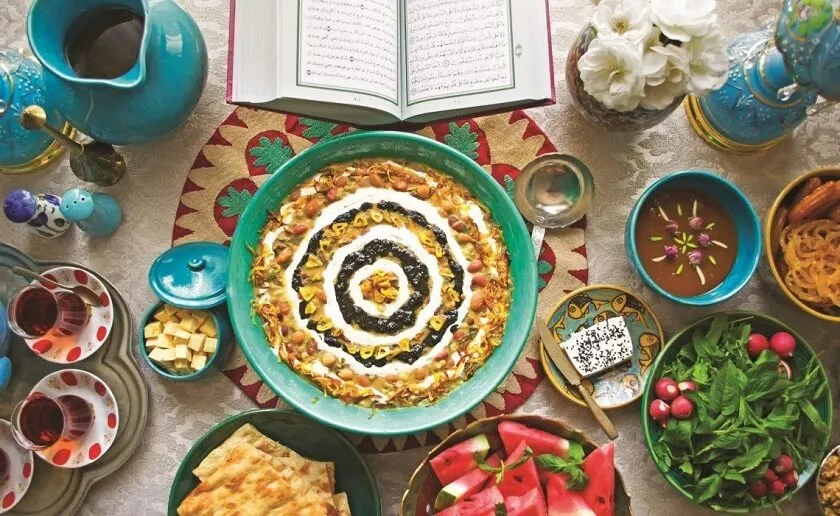
The customary items on the Iftar table are warm sweet tea, dates, bread, cheese, fresh herbs, and traditional Persian dishes like halva and Shole-Zard, a saffron-infused rice porridge. These delectable offerings symbolize the abundance of blessings and gratitude felt during Ramadan.
Strolling through the streets of Iran during Ramadan, one encounters a unique tradition known as Nazri. Giving food or beverages to others as a prayer for health or in celebration of fulfilled wishes is a common sight during this holy month. It reflects the spirit of generosity and goodwill that permeates Iranian culture during Ramadan.
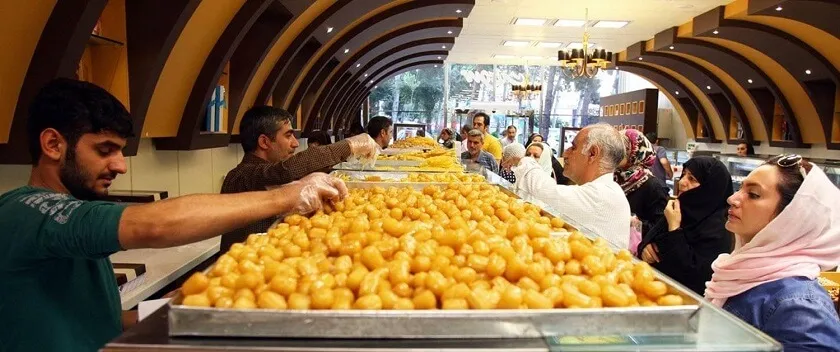
Special confections, like the Zoolbia and Bamieh, add to the culinary delights of Ramadan. These sweet treats, often enjoyed with tea, are eagerly anticipated and sought after by locals and visitors alike.
While dinner is typically enjoyed later in the evening, the Iftar table remains a focal point of celebration. From hearty soups like Ash Reshteh to regional specialties like Shami Mah Ramezan from Rasht, there is no shortage of culinary delights to savor during Ramadan in Iran. These dishes nourish the body and feed the soul, embodying the spirit of hospitality and tradition.
Before dawn breaks and another day of fasting begins, Muslims gather for Sahari, a pre-dawn meal similar to Iftar. Alongside familiar items from the Iftar table, Sahari features a special meat porridge known as Halim, enjoyed with either sugar or salt, depending on regional preferences. This early morning meal prepares believers for the day ahead, fortifying them physically and spiritually for the challenges and blessings of Ramadan.

Ramadan in Mashhad and Qom
Ramadan holds a distinct significance in the religious cities of Mashhad and Qom. Mashhad, home to the revered burial site of the 8th Imam of Shi’a, Imam Reza, boasts the grandeur of the world’s largest mosque, the Shrine of Imam Reza. During Ramadan, the city is adorned with radiant lights, creating a mesmerizing spectacle that draws worshippers and pilgrims alike to the shrine’s sacred grounds. Amidst the bustling crowds, a special sense of spirituality permeates the air, enveloping visitors in a profound spiritual experience.
Similarly, the holy city of Qom, the resting place of Imam Reza’s sister, offers a parallel ambiance of devotion and reverence during Ramadan. The expansive courtyards of the mosque teem with hundreds of worshippers, united in prayer and breaking their fast together amidst a backdrop of tranquility and devotion. The mosque’s arrangements for Iftar, the evening meal to break the fast, add to the serene beauty of the scene, creating a deeply spiritual atmosphere that leaves a lasting impression on visitors.
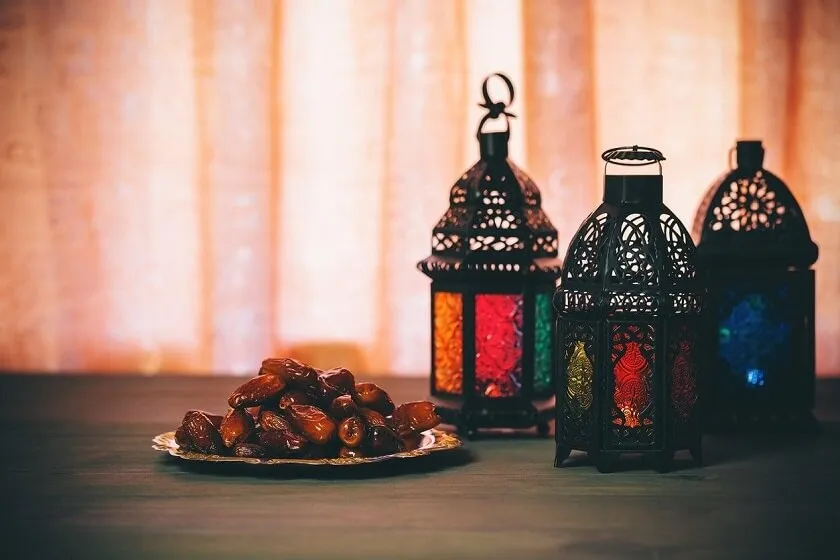
In both Mashhad and Qom, Ramadan becomes a time of heightened spirituality and communal devotion as worshippers gather to honor the teachings and legacy of Imam Reza and his family. The spiritual resonance of these cities during Ramadan is spectacular, offering pilgrims and visitors alike a profound and unforgettable experience of faith and devotion.
Ghadr Ceremonies in Iran
During Ramadan, Shia Muslims hold special reverence for two significant nights: the 19th and the 21st of Ramadan. On the 19th, it is commemorated that Imam Ali, the first Imam of Shia Islam, was fatally stabbed, while the 21st marks the anniversary of his passing. Imam Ali is deeply loved and respected by Shia Muslims for his exemplary character, devoutness, wisdom, and compassion for the poor. These nights are a remembrance of his status as the first Imam and a celebration of his virtues as a righteous and benevolent leader.
Special ceremonies are conducted on these nights by Shia Muslims, involving prayers and remaining awake throughout the night, illuminated by the soft glow of candles. These rituals serve as a solemn yet deeply spiritual expression of reverence and devotion to Imam Ali and his teachings.
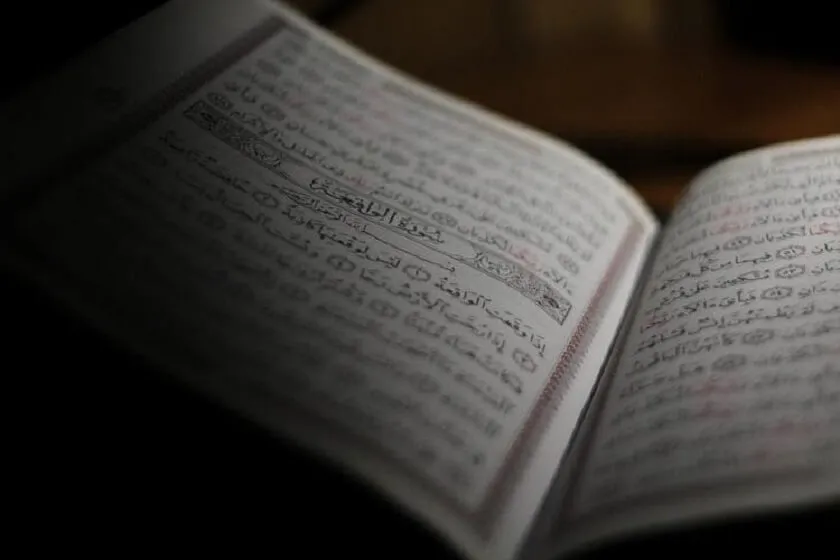
Another remarkable aspect of experiencing Ramadan in Iran is participating in the Ghadr Night ceremonies. These ceremonies offer a profound opportunity to witness hundreds of worshippers’ collective devotion and reverence. Gathered in groups, holding copies of the Quran and surrounded by flickering candlelight, worshippers engage in communal prayer led by clergies reciting beautiful prayers aloud. The atmosphere exudes a sense of tranquility and spiritual elevation as the love and admiration for Imam Ali fill the air. It’s a poignant reminder of his enduring legacy and the profound impact of his teachings on guiding individuals toward goodness and compassion.
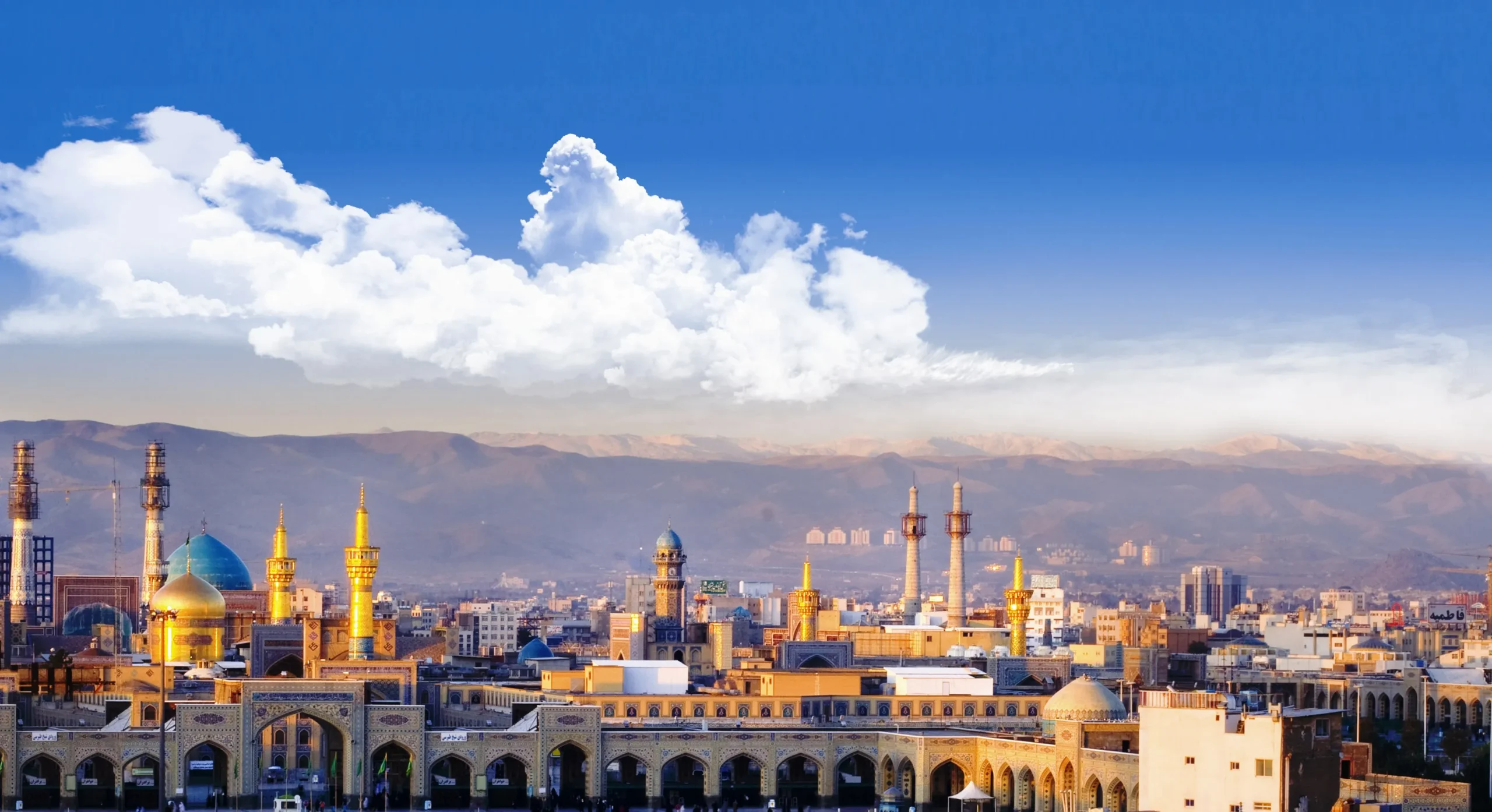
Ramadan: A Spiritual Journey of Forgiveness, Gratitude, and Renewal
Ramadan, known as the month of forgiveness, is profoundly significant in the hearts of Muslims worldwide. As instructed by the Prophet of Islam, it serves as a period of spiritual reflection, emphasizing forgiveness from God and fellow human beings.
During Ramadan, you can immerse yourself in Iran’s rich culture and spirituality with our exclusive ziyarat tour packages. Explore Iran’s sacred shrines and mosques, including revered sites like the Shrine of Imam Reza in Mashhad and the holy city of Qom. Experience the spiritual ambiance of these destinations as you participate in prayers and rituals alongside fellow believers.
Our tour packages offer a unique opportunity to deepen your connection with your faith while discovering Iran’s historical and cultural treasures. Contact us today to book your Ramadan ziyarat tour package and explore a meaningful pilgrimage experience in Iran.
